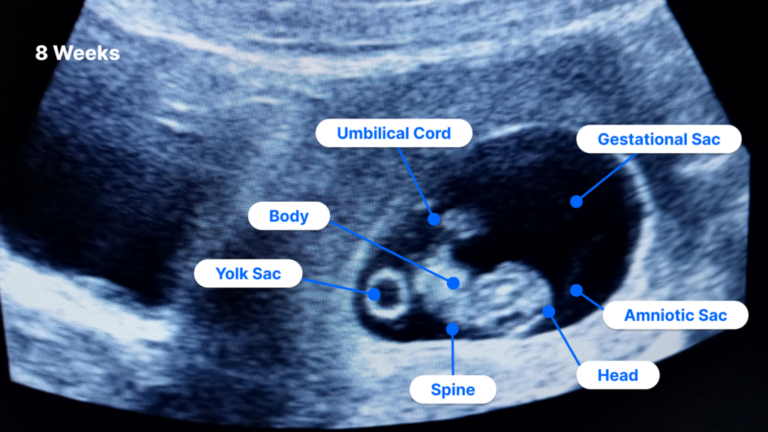How Many Usg During Pregnancy: A Comprehensive Guide
Pregnancy is an extraordinary journey marked by significant physical and emotional transformations. As your body prepares to welcome a new life, regular prenatal checkups, including ultrasound scans (USGs), play a crucial role in ensuring the well-being of both you and your baby. USG scans offer valuable insights into your baby’s development, providing reassurance and peace of mind throughout your pregnancy.
This comprehensive guide will delve into the frequency, types, and benefits of USG scans during pregnancy, empowering you with the knowledge you need to make informed decisions about your prenatal care.
How Many Usg During Pregnancy

Pregnancy is a rollercoaster of emotions, appointments, and ultrasounds. So, how many ultrasounds can you expect during your pregnancy? Let’s spill the beans, bruv.
The Number of Scans
The number of scans you’ll have depends on your individual circumstances, but generally, you can expect around 2-3 scans throughout your pregnancy:
- The first scan: This is usually done around 8-12 weeks to confirm your pregnancy, check the baby’s heartbeat, and measure its size.
- The second scan: Also known as the anomaly scan, this is done between 18-22 weeks to check for any abnormalities or birth defects.
- The third scan: This is optional and usually done around 32-36 weeks to check the baby’s position, growth, and the amount of amniotic fluid.
Helpful Answers
How many USG scans are typically recommended during pregnancy?
The frequency of USG scans may vary depending on your individual circumstances, but generally, three to four scans are recommended throughout pregnancy.
What are the different types of USG scans used during pregnancy?
There are several types of USG scans used during pregnancy, including transvaginal, abdominal, and Doppler scans, each providing unique information about your baby’s development.
What are the benefits of USG scans during pregnancy?
USG scans offer numerous benefits, including confirming pregnancy, assessing fetal growth, detecting abnormalities, and providing valuable information for prenatal care planning.
Are there any limitations to USG scans?
While USG scans are a valuable tool, they have limitations in detecting certain abnormalities. Additional tests or procedures may be necessary to confirm a diagnosis.





